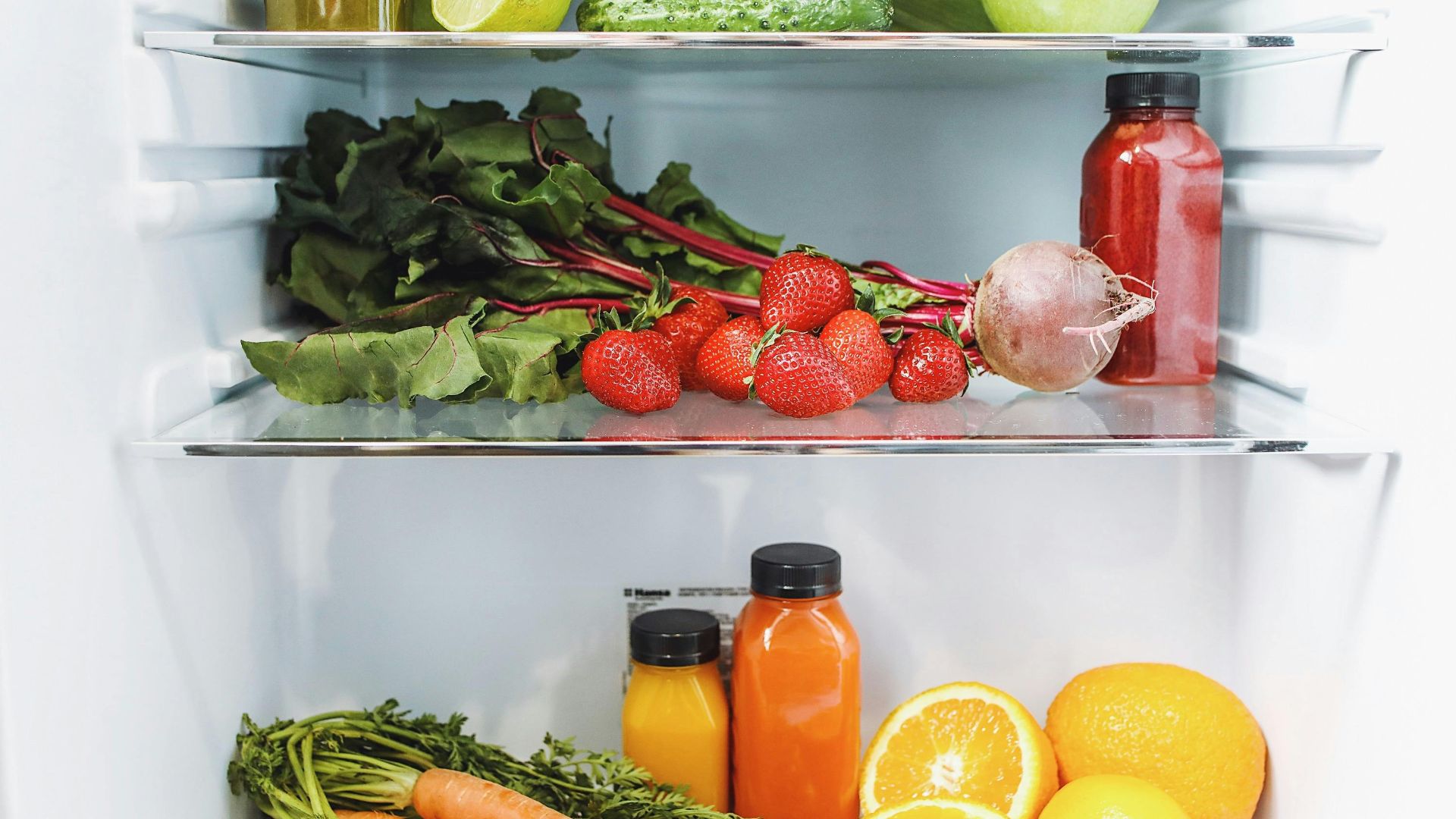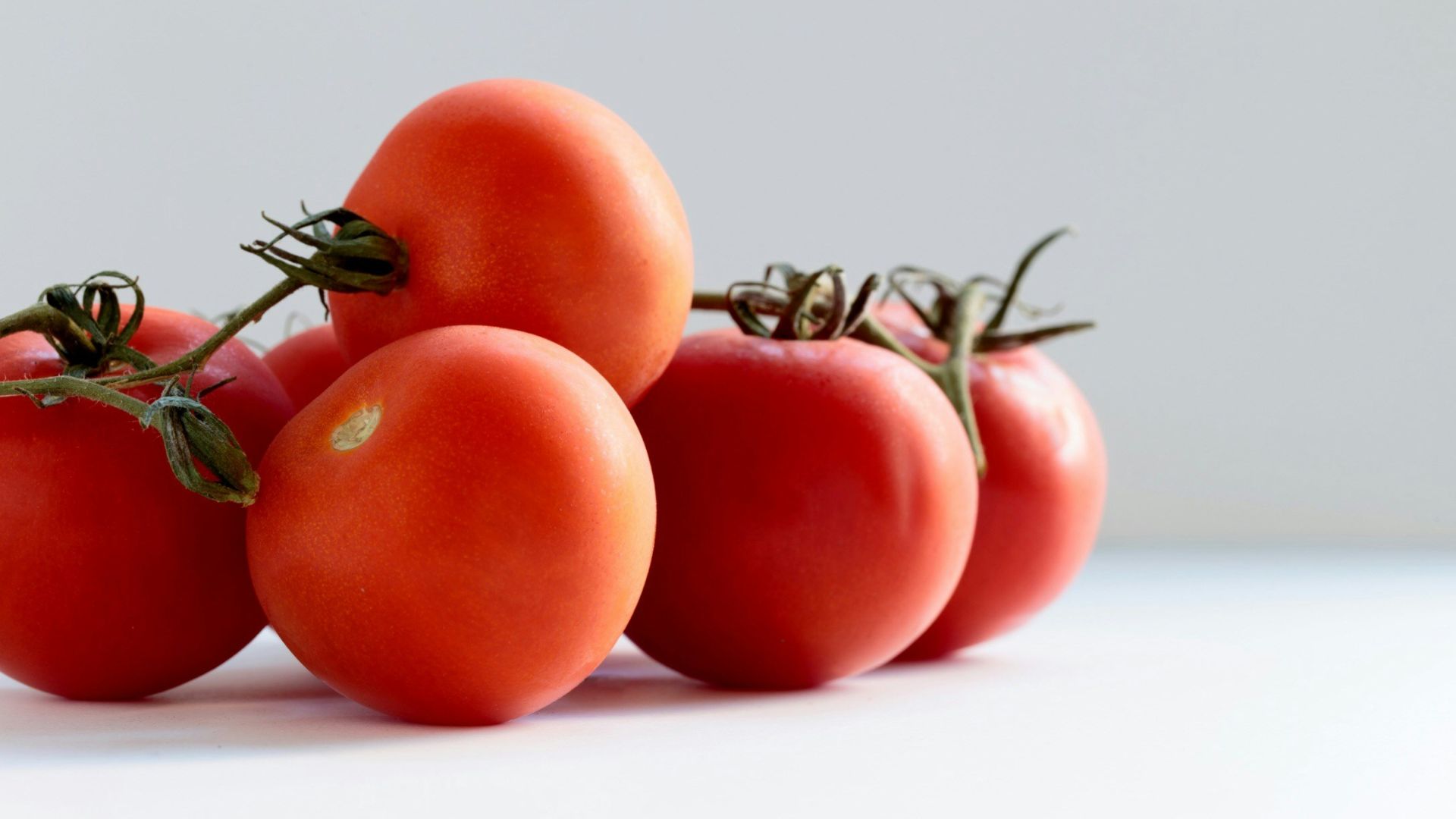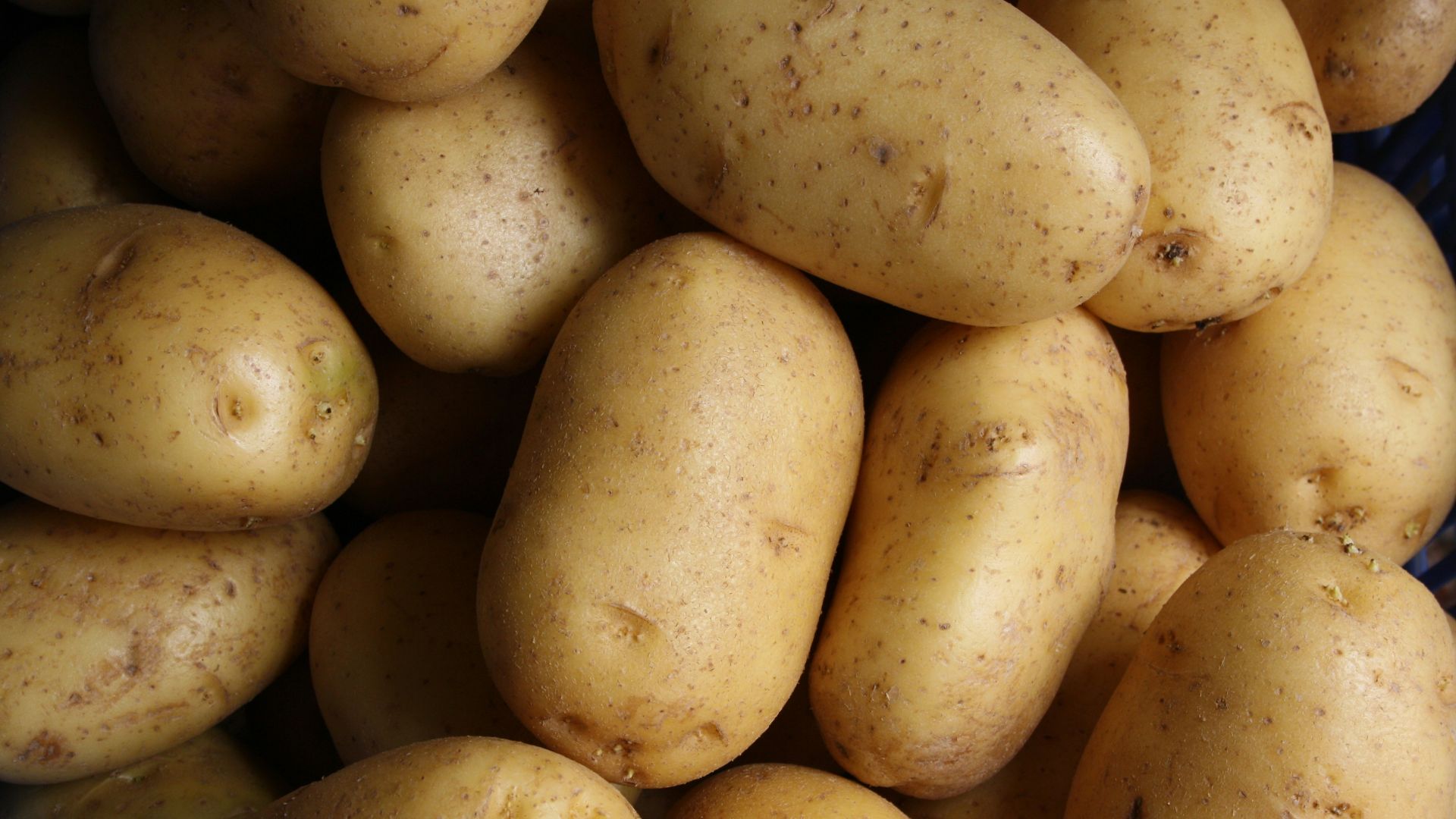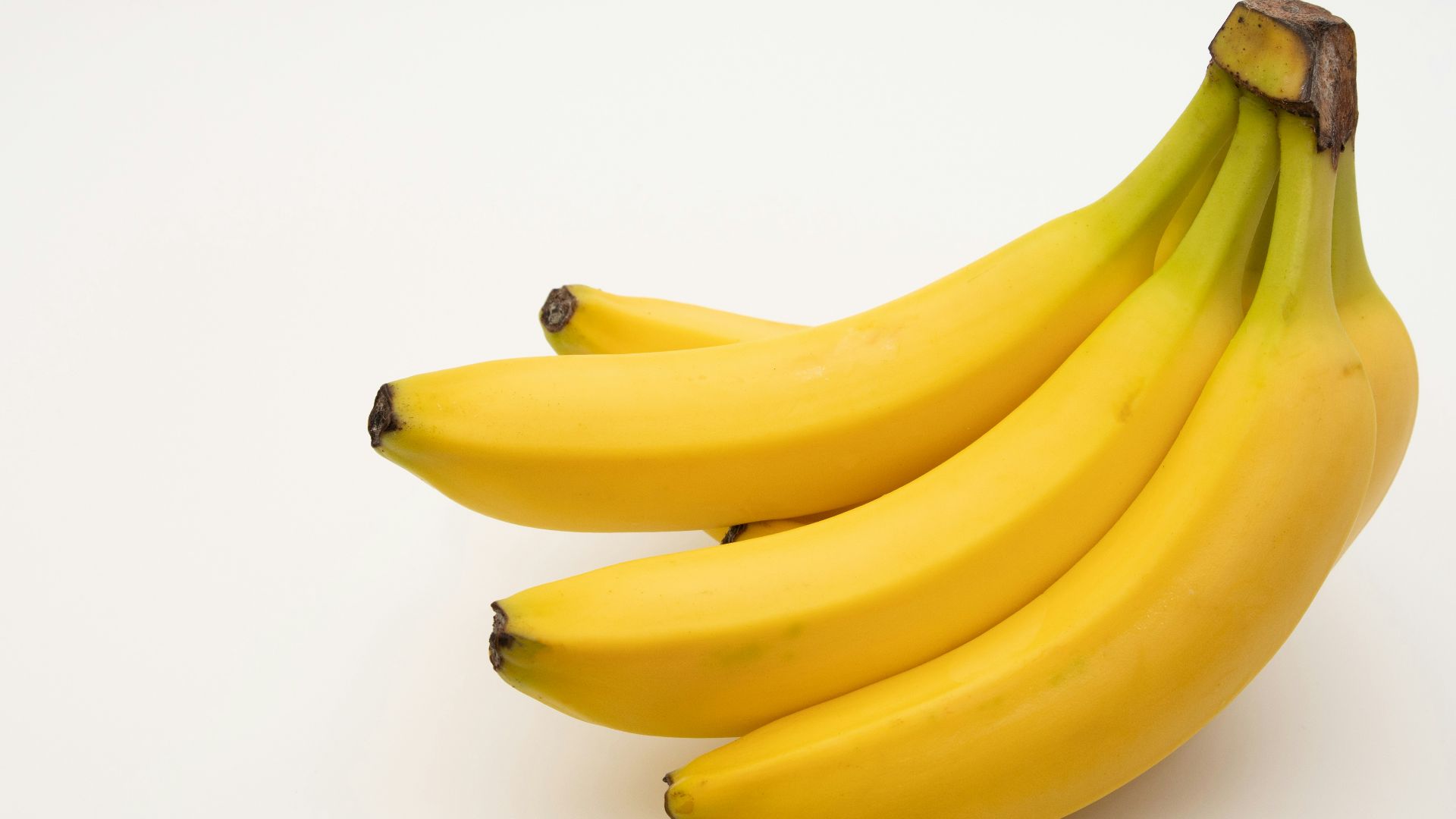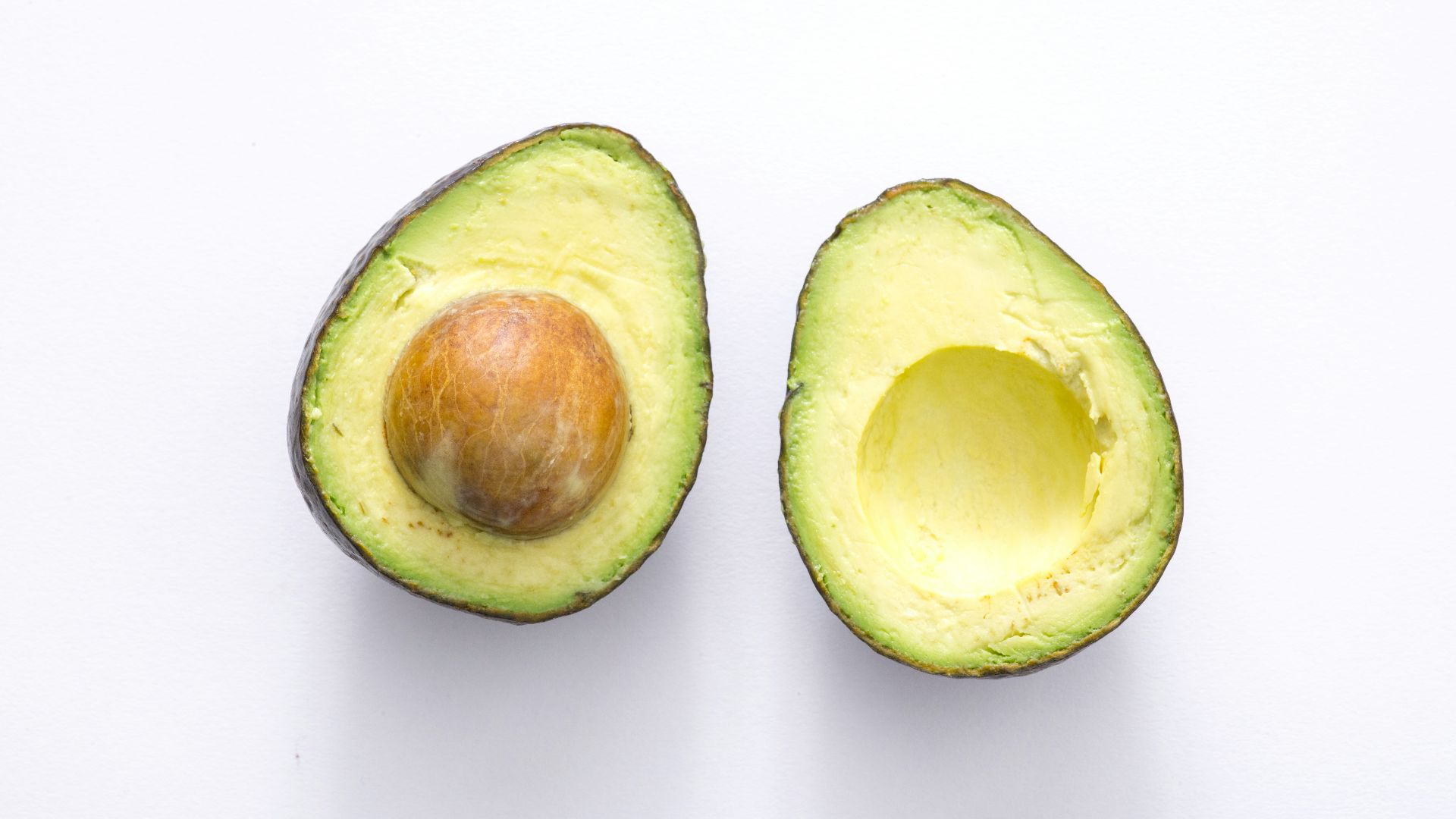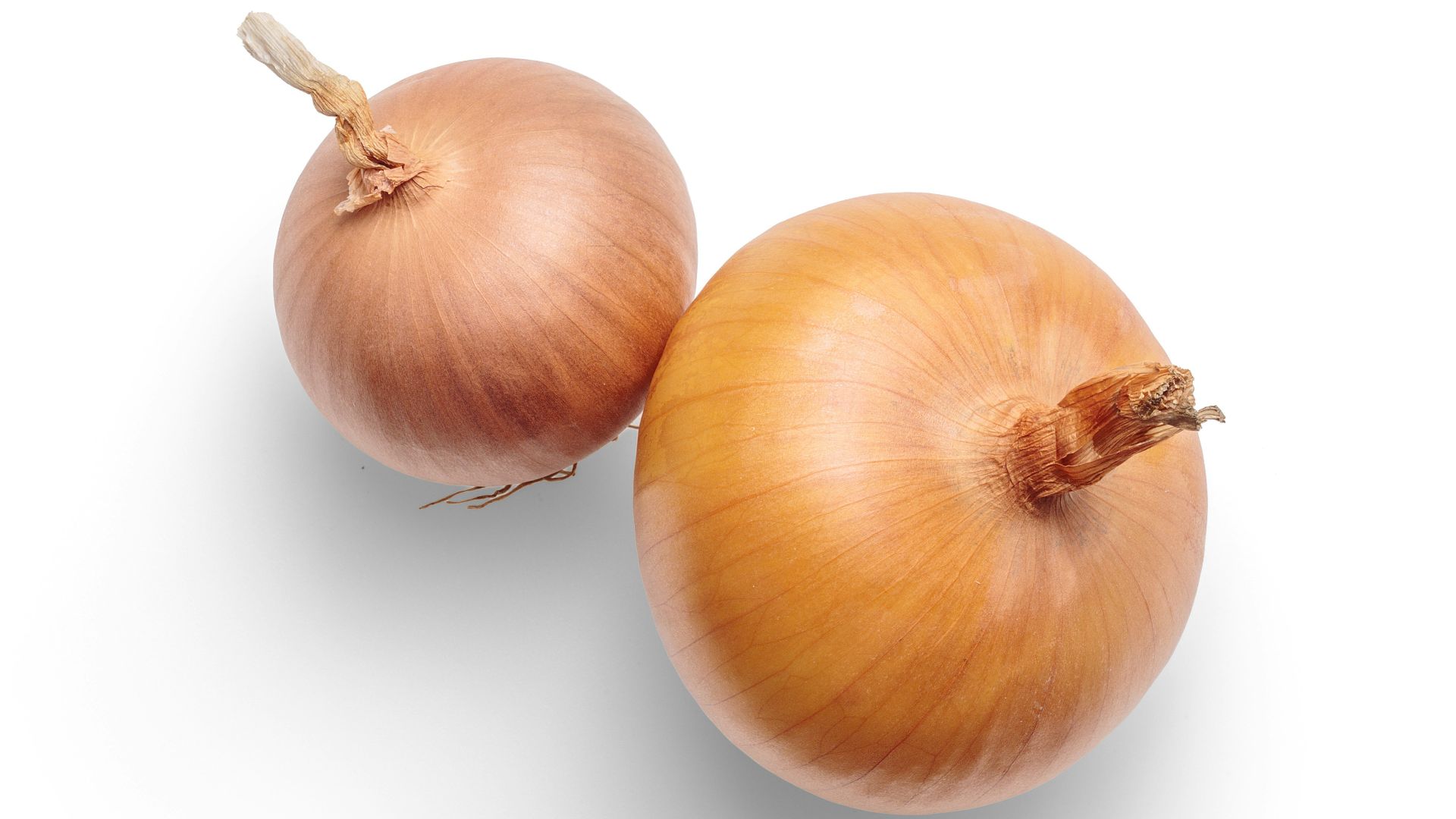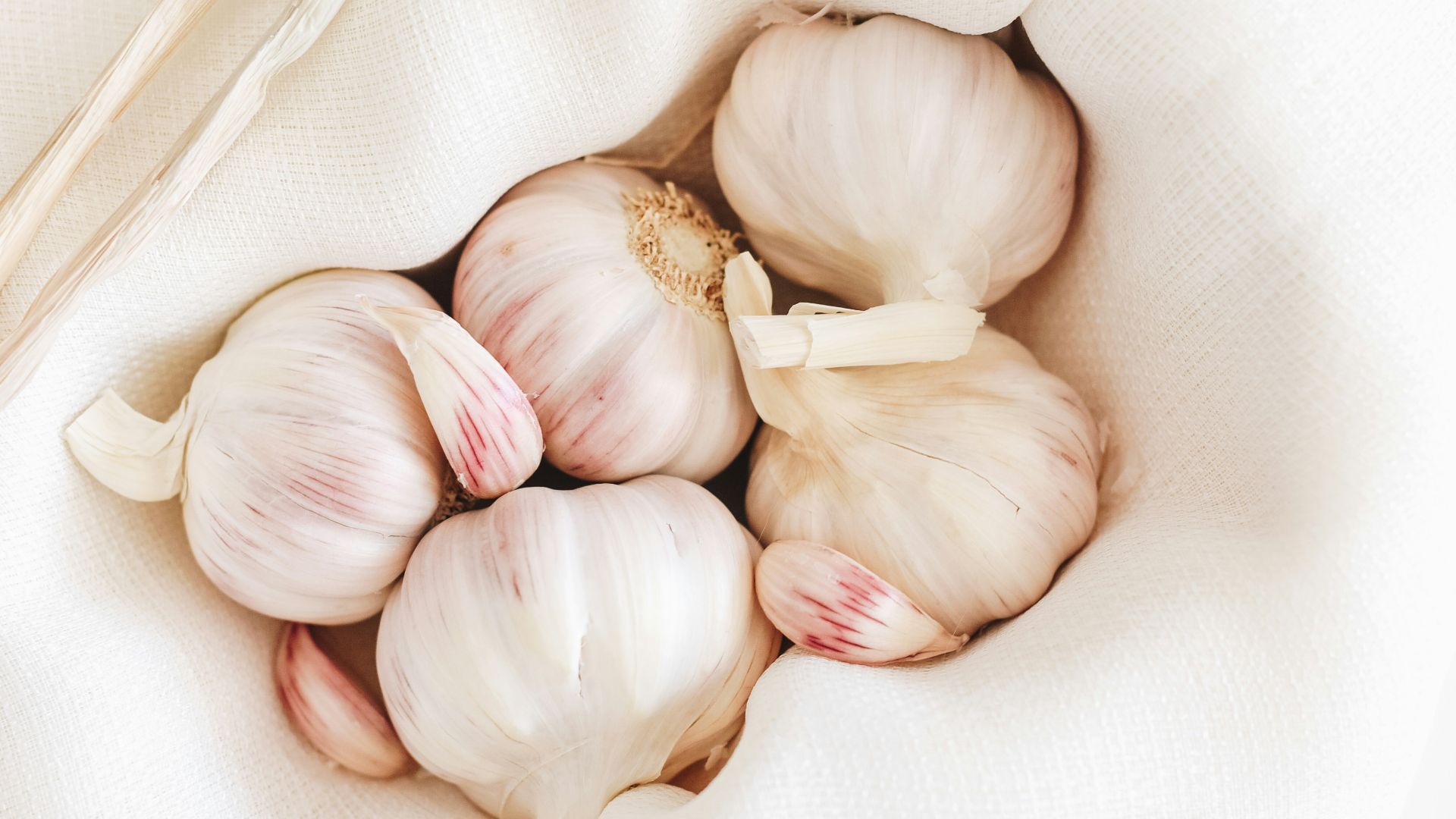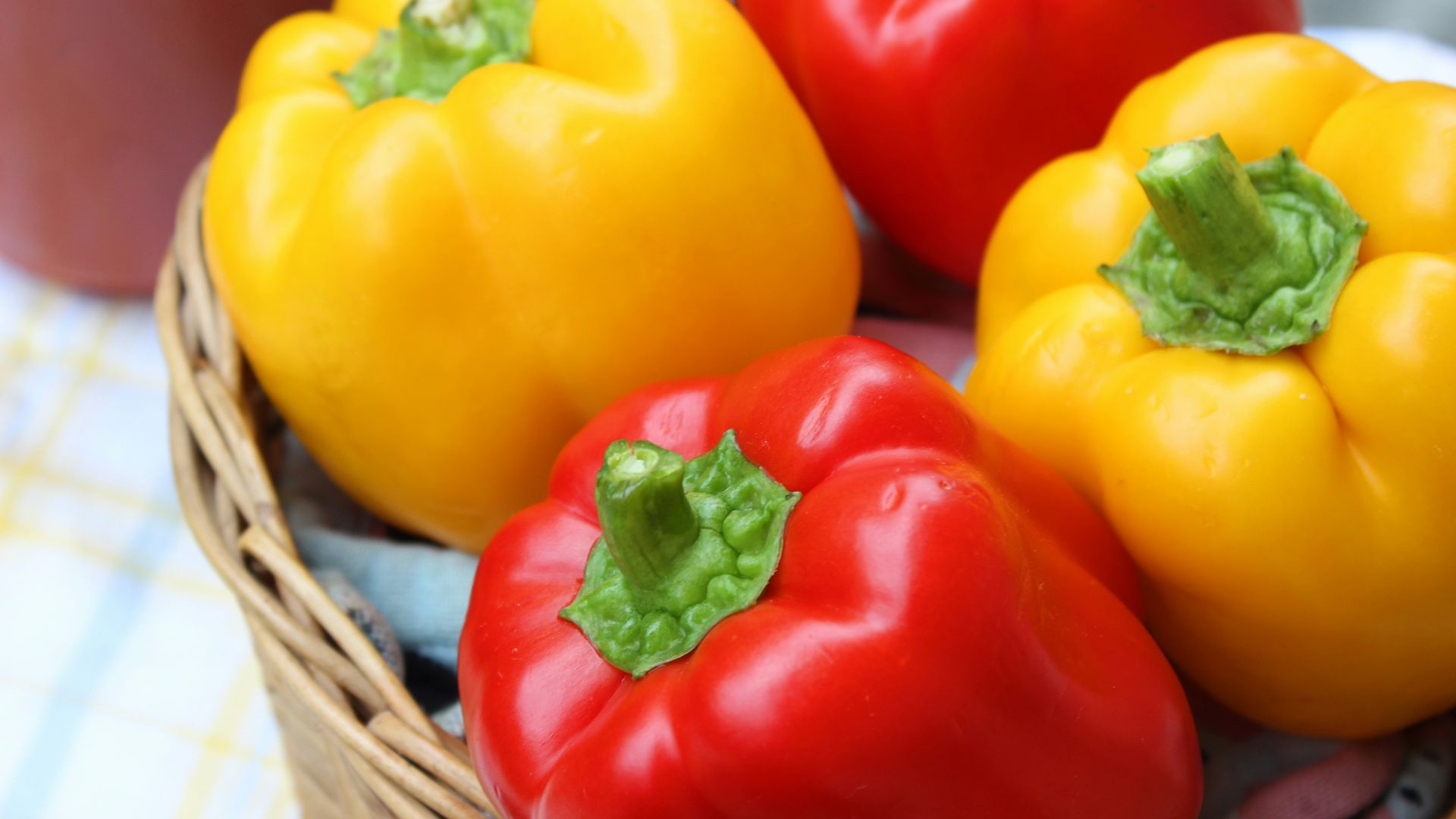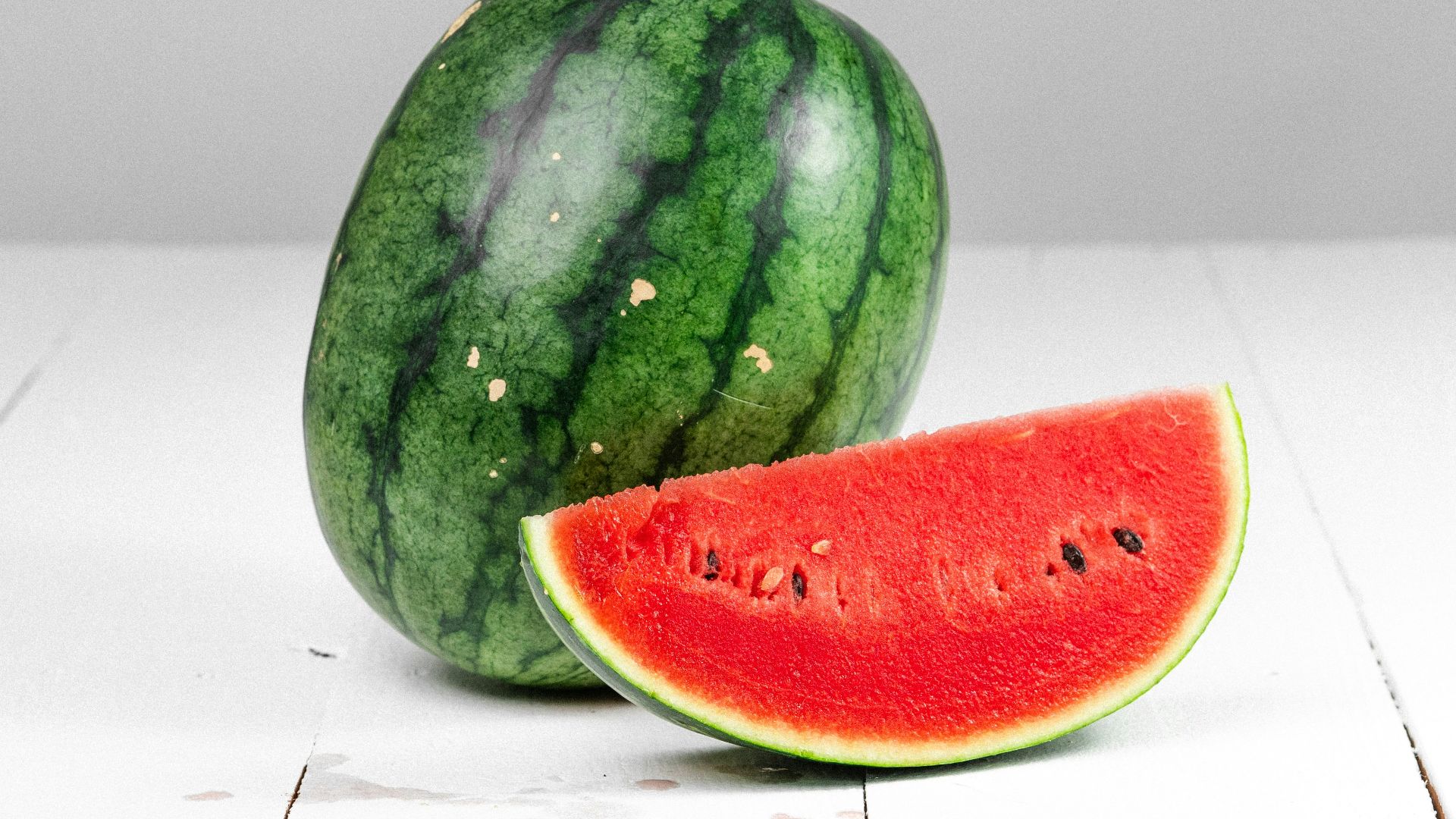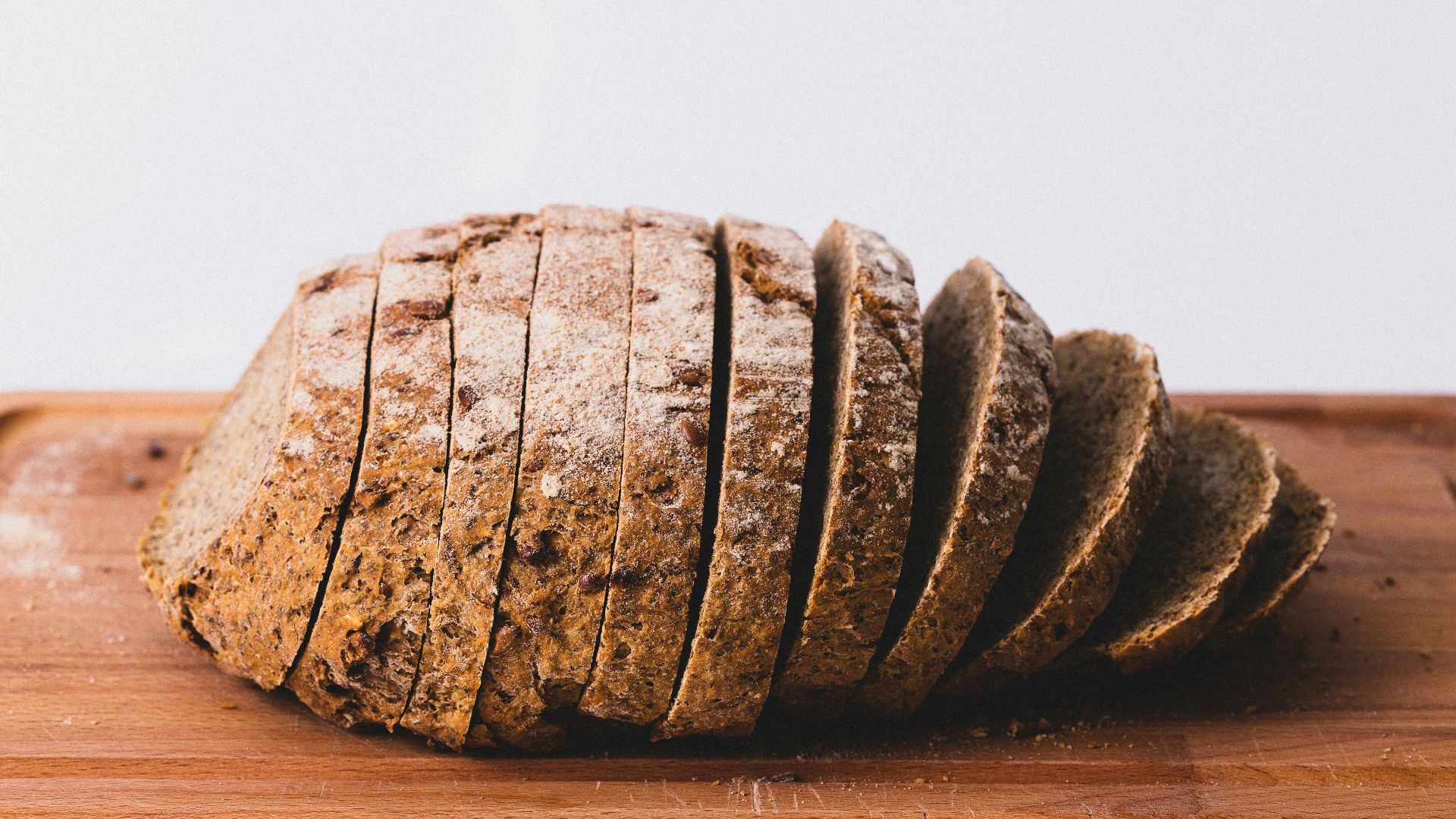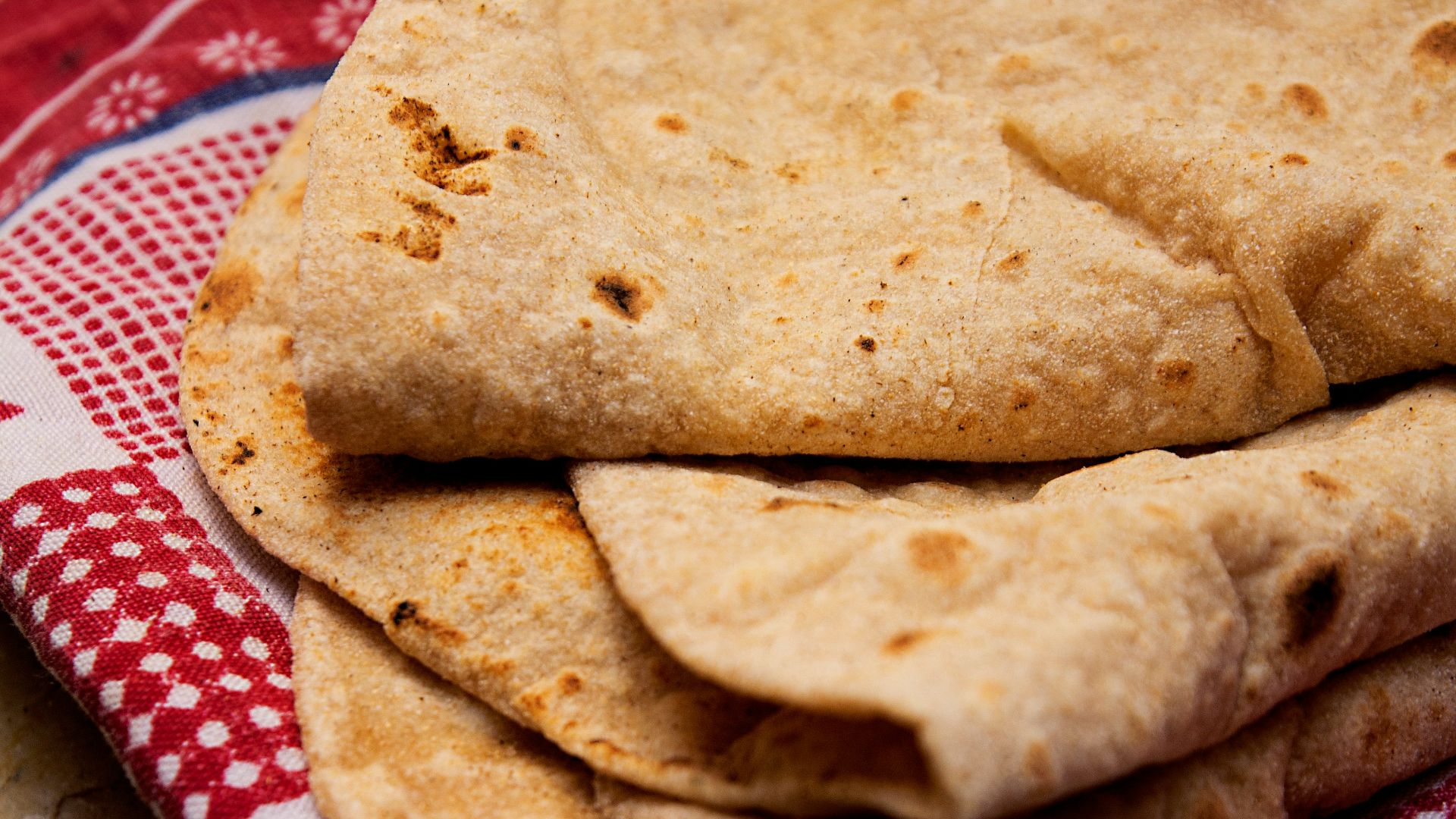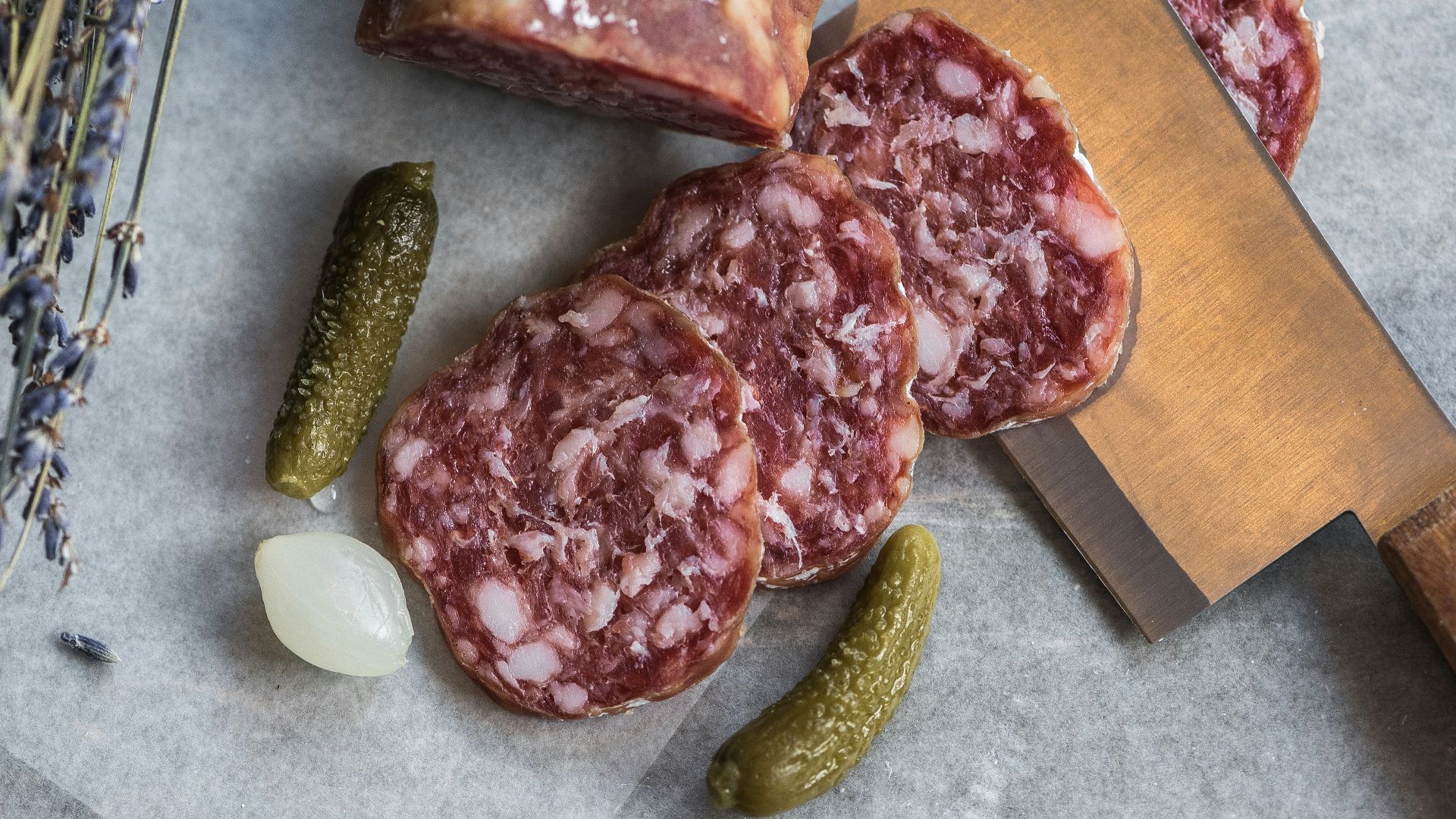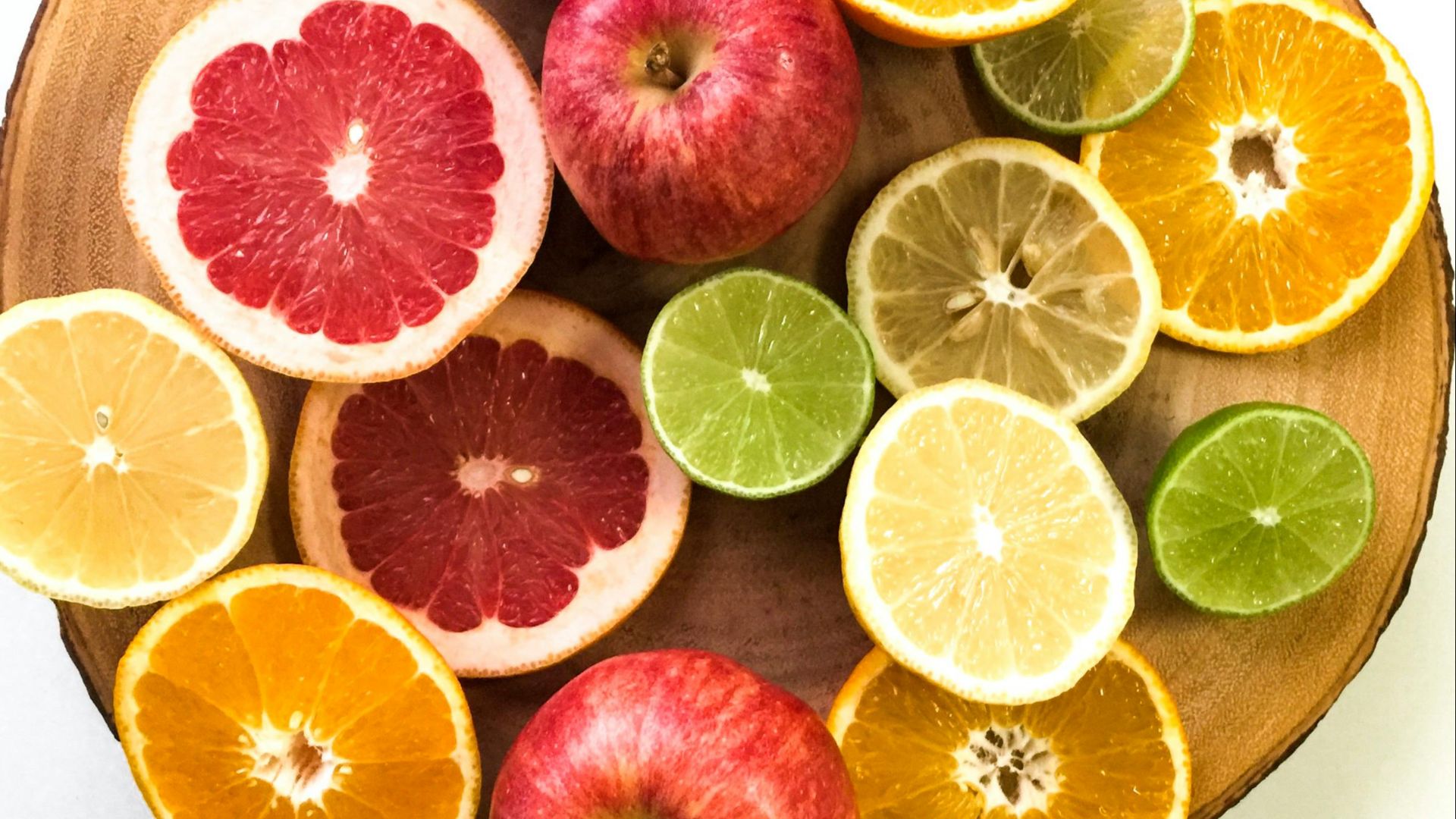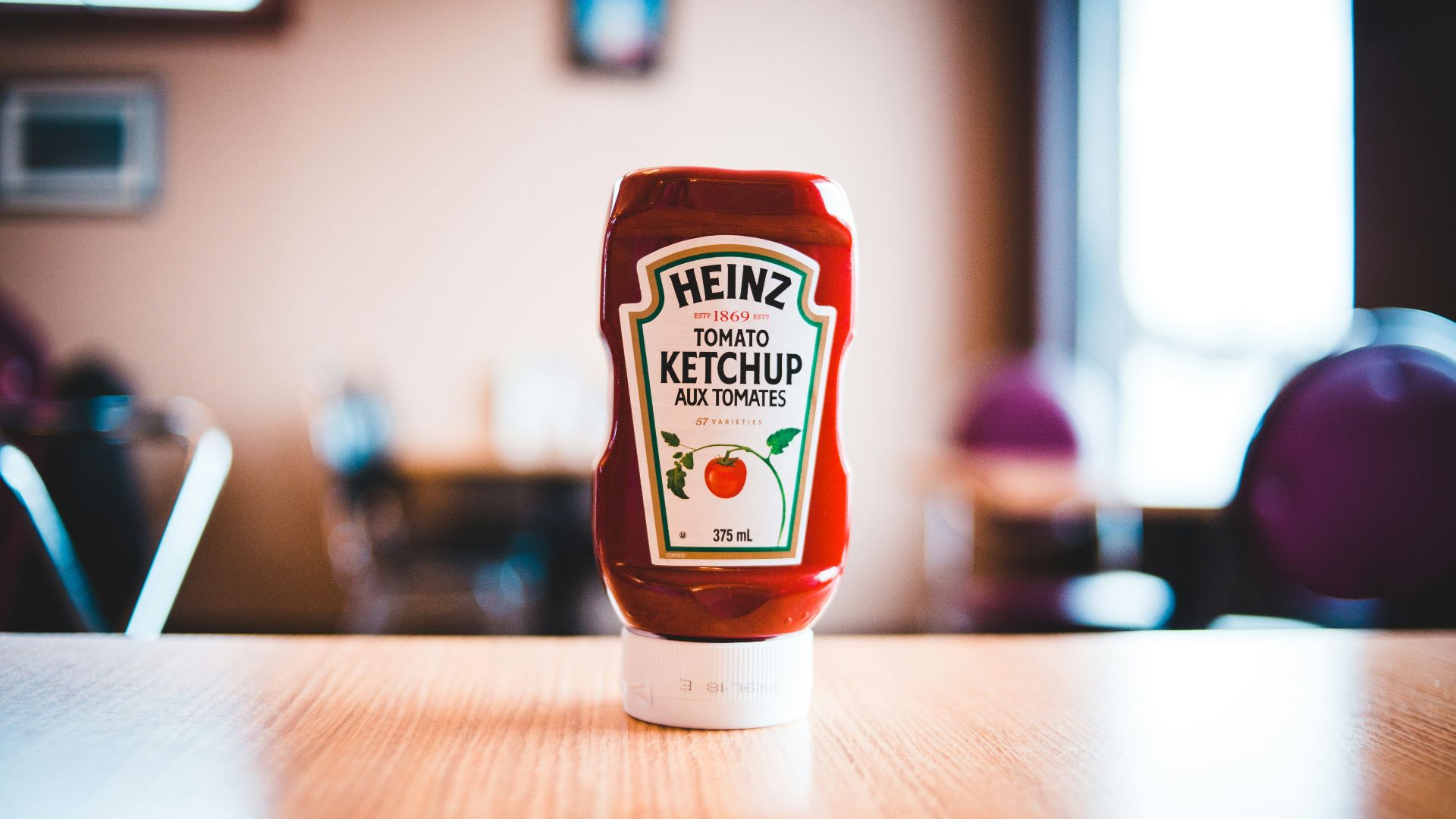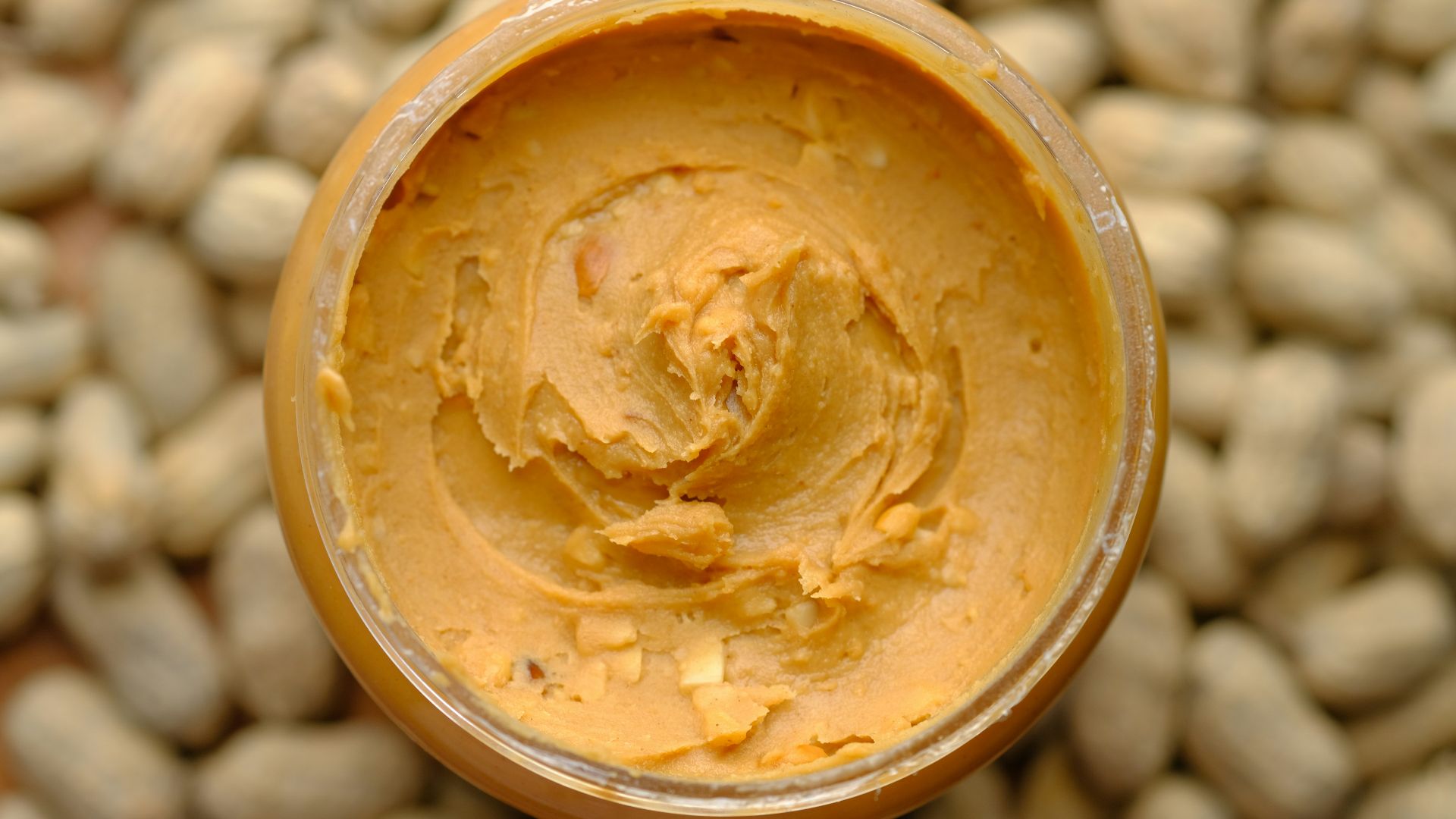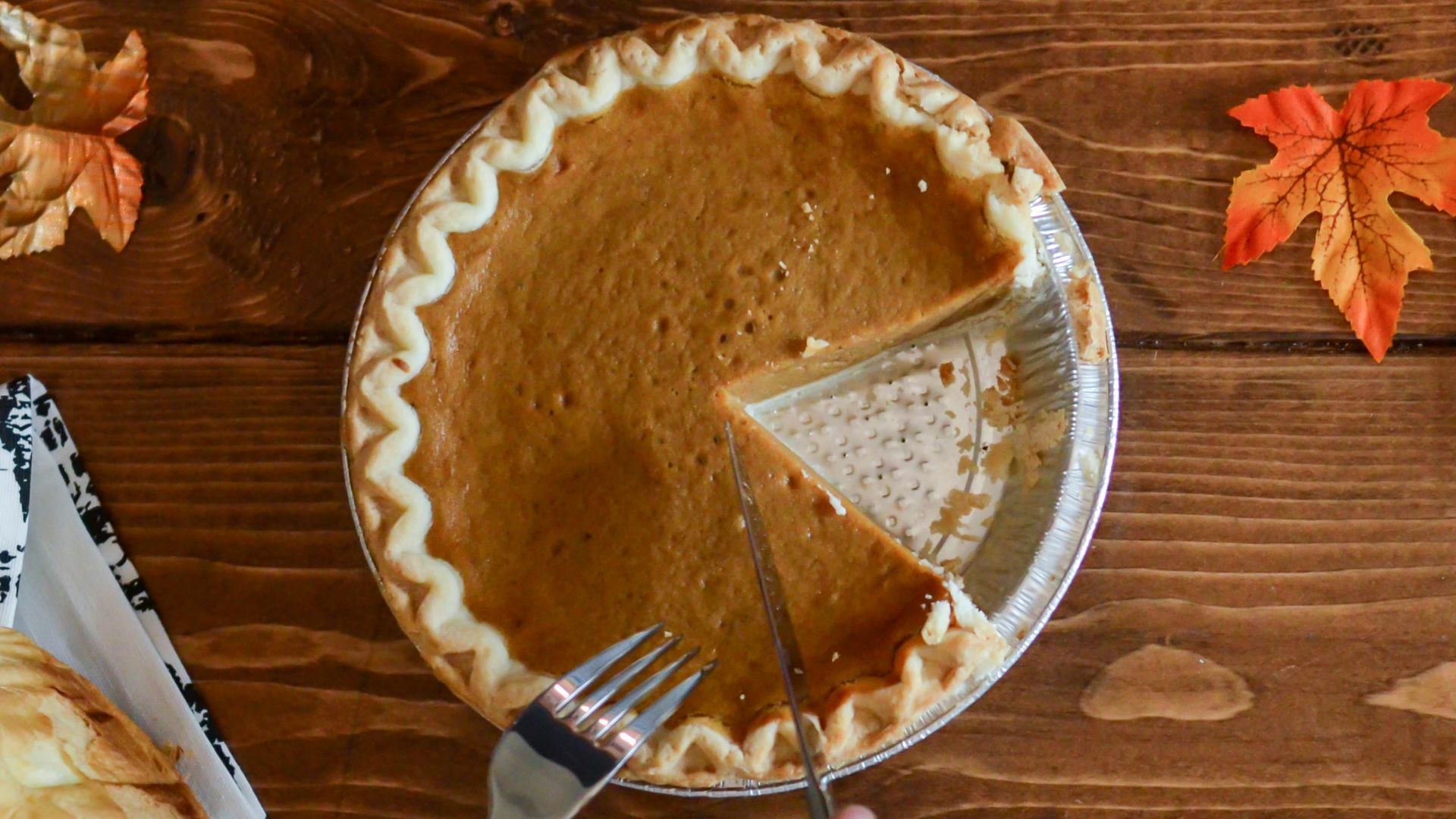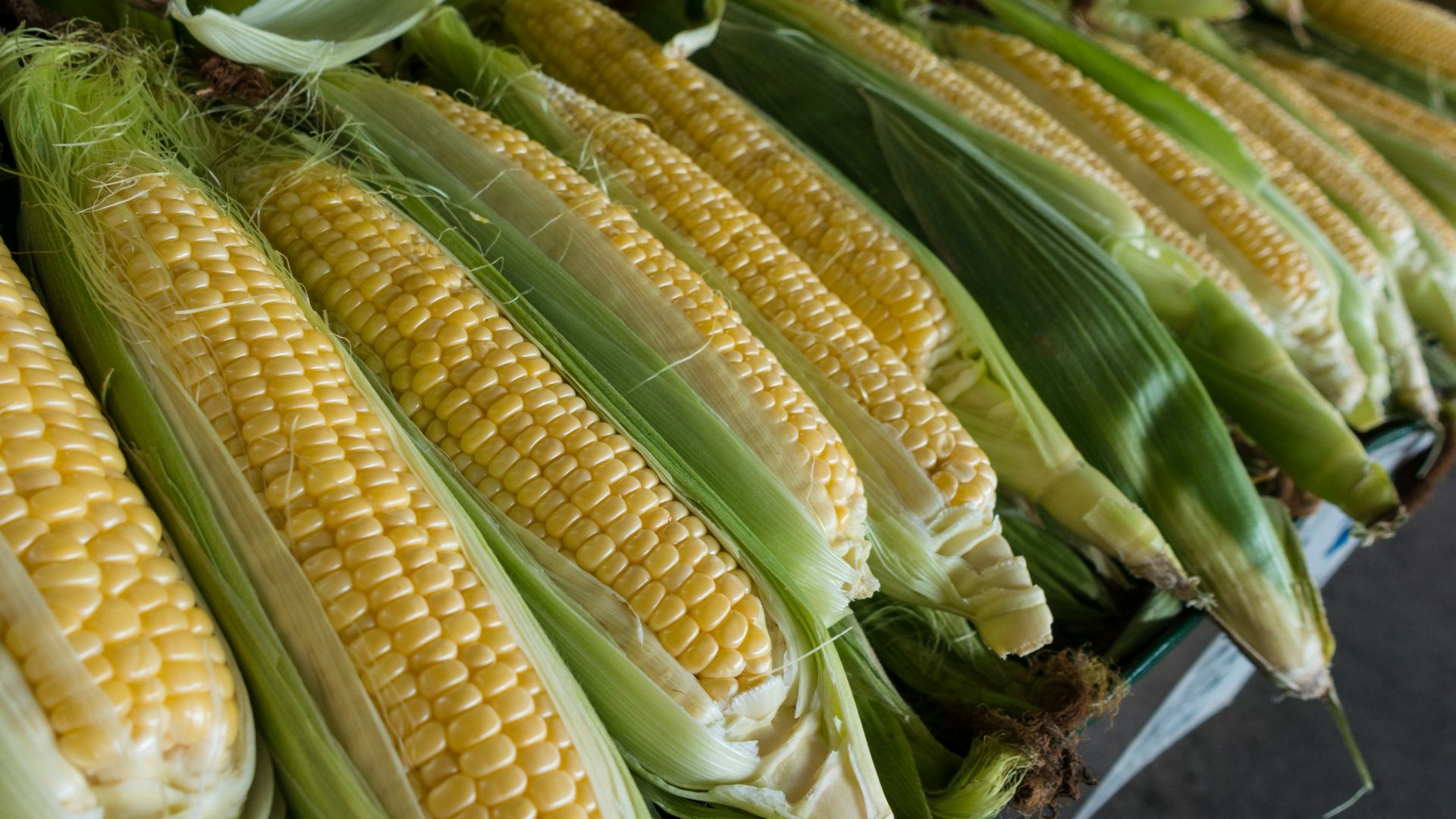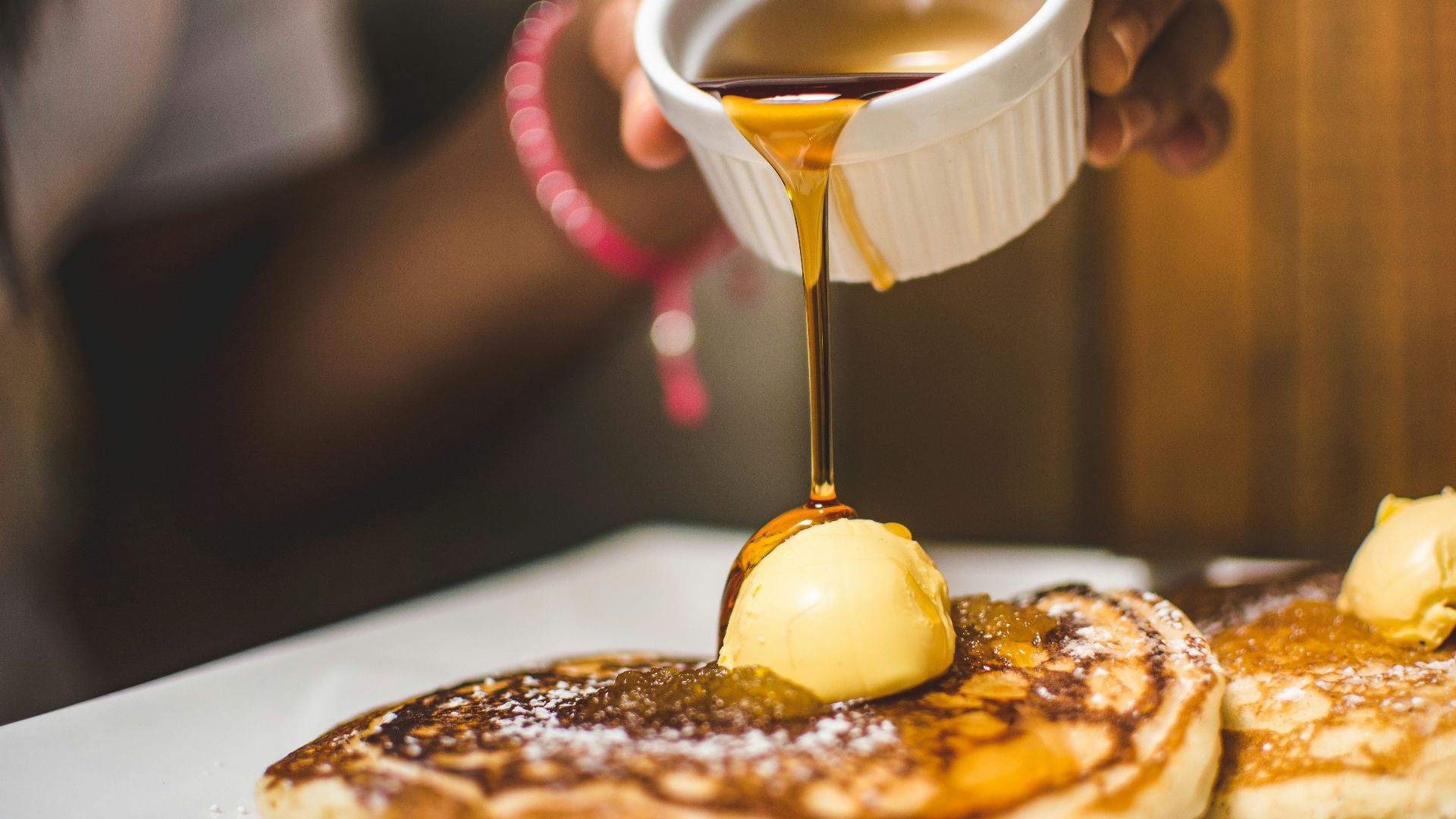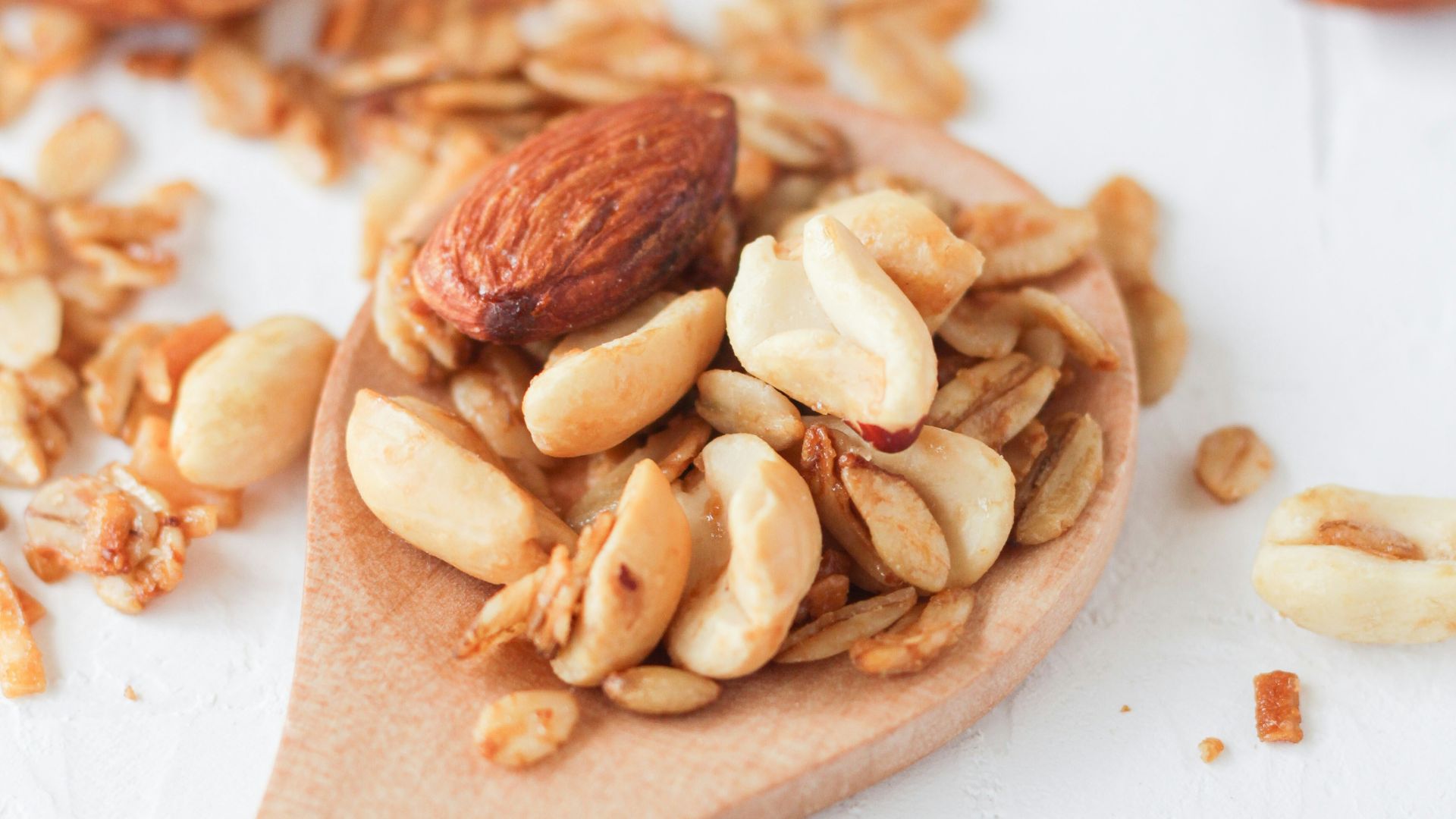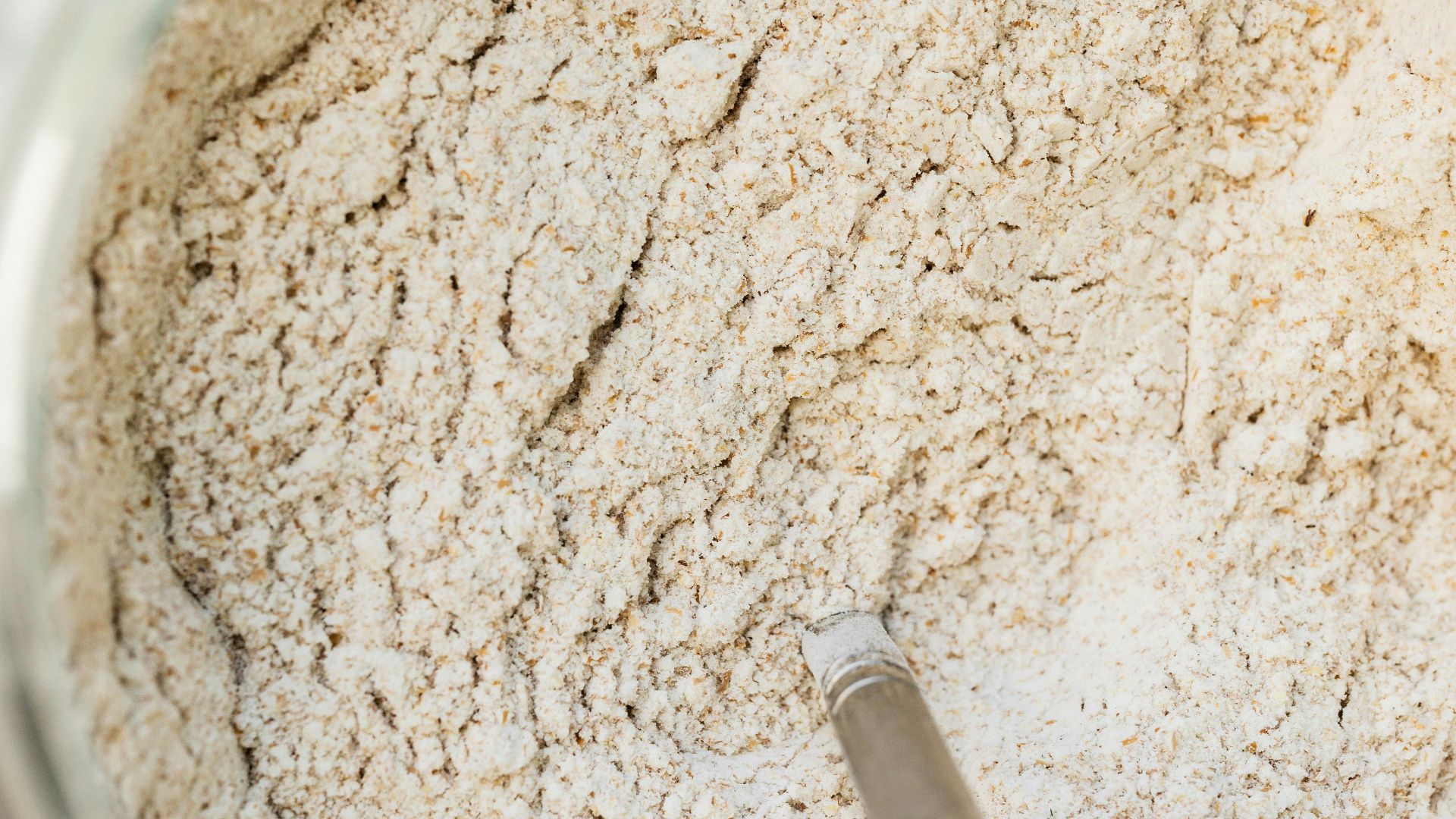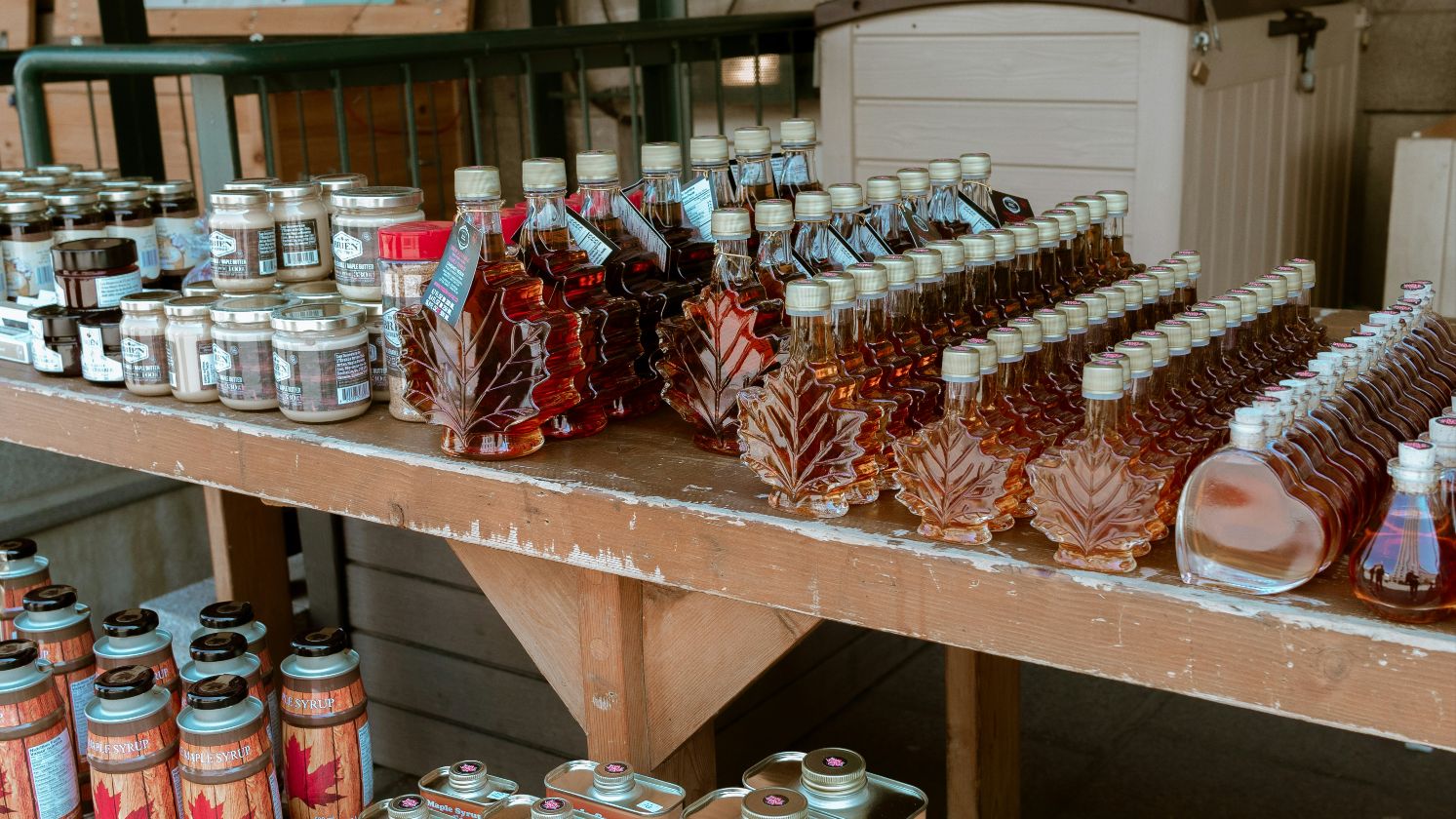Don't Place All Your Groceries in the Fridge Just Yet
So, you've just come home with your weekly groceries, and you're ready to unload them into the fridge and pantry. But not so fast—do you know which ones go where? It might sound obvious, but where you put your items can greatly affect their taste, texture, and shelf life. If you don't want your goods to spoil too quickly, here are 10 foods you should never refrigerate—and 10 you always should.
1. Tomatoes
To keep tomatoes juicy and fresh, it's better to leave them on the counter when they're still under-ripe. If they're overripe, pop them in the fridge to ensure they don't deteriorate further. If you stick them into the cooler any time before they're ripe, however, you'll ruin their flavor and texture.
2. Potatoes
If you're used to placing your potatoes in the fridge, we're sorry to say you're doing it wrong. Instead, you should keep these bad boys in a paper bag and store them at room temperature. Putting them in the cooler could change their taste and texture, making them gritty or overly sweet.
3. Bananas
You might think that putting bananas in the fridge can prevent them from browning prematurely, but this is a misconception. Instead, store them in a cool, dry place on your countertop that's away from direct sunlight. You can also hang them up so they won't bruise as easily.
4. Avocados
If you want to keep your avocados from ripening too quickly, putting them in the fridge might be a good call—but they might stay under-ripe for a while in colder temperatures. To let them ripen at their own pace, leave them on the counter at room temperature. To speed up the process, place them in a paper bag.
5. Onions
Unless you've already peeled and chopped them up, don't place your onions in the fridge, where they'll easily get moldy due to the extra moisture. Store them in a cool, dry place, such as in your pantry or on your countertop instead. But never put them next to potatoes, as the gases produced by both of them can lead to quicker spoilage.
6. Garlic
Think back to when you bought garlic at the market. Where was it stored? Probably not in the cooler, right? Keeping that in mind, don't place garlic in the fridge when you take it home, either; these bulbs should be stored in a cool, dry area on your countertop.
7. Bell Peppers
While it's not technically a crime to put bell peppers in the fridge, they'll likely not be as crunchy or fresh as they are when they're just left out on the counter or in the pantry. Storing them at room temperature ensures they stay as crisp as possible.
8. Melon
Have you been putting melons, such as cantaloupe and watermelon, in the fridge even before they're ripe or before you've sliced them open? Follow how they're stored at the market—keep them at room temperature until they're ripe. Once you've cut them, put them in the fridge to ensure they stay juicy and crisp.
9. Bread
Don't refrigerate fresh loaves of bread; doing so can harden them and make them stale. Leave them on your countertop or store in a bread box if you have one. If you must put them in the cooler, make sure to thaw by toasting the slices up to revive their flavor and texture.
10. Coffee
Starting your morning with fresh coffee? To make sure you have a great-tasting cup of Joe every time, don't store your coffee grounds and beans in the fridge. Instead, place them in an airtight container and leave them in a cool, dry area at room temperature.
These are the foods you should never put in the fridge, but what about the ones that should go in the cooler every time?
1. Tortillas
If you're leaving these flat bread disks in your pantry, think again—some varieties may actually need to go in the fridge as they're prone to spoiling. Keeping them chilled ensures they stay fresh for your next burrito wrap. Always read the label on the package to see if they need to be tossed in the cooler or not.
2. Salami
You might think that cured meats like salami don't need to be refrigerated, and while they are less likely to mold given the preservatives added to them, it's still recommended that you store them in the cooler so they don't dry out. If unopened, they'll keep fresh for two weeks in the fridge—but once you've torn the package, make sure to consume quickly.
3. Citrus Fruits
Citrus fruits, like lemons, limes, oranges, and grapefruits, are best stored in the fridge. In fact, they last four times longer when they're kept chilled. This prevents them from drying out or spoiling quickly, and they'll stay juicy, tart, and fresh.
4. Ketchup
Sure, you might see condiments left unrefrigerated at your local hot dog stand or favorite diner, but some things aren't meant to be followed. The ingredients and acidity of ketchup technically keep it from spoiling quickly, but to preserve their flavor and quality, toss the bottle in the cooler after you've popped it open.
5. Natural Peanut Butter
Did you make your own peanut butter at home using natural ingredients, or purchase one from the store? While these jars can keep fresh stored in your pantry, it depends on how quickly you finish it. If you tend to take longer than a couple of weeks to finish your PB, you should keep it in the fridge.
6. Pies
Pies bought from the market should be stored according to their label. Fresh pies made from scratch at home, however, depend on your filling. While fruit varieties can technically be kept on the countertop for a few days without spoiling, pies with dairy or custard (think pumpkin, cheesecake, or banana cream) need to be refrigerated once cooled.
7. Corn on the Cob
You may have plucked your corn fresh off the field or in a large cardboard bin at the market, but once you've taken them home, the sugars in the kernels break down quickly when left at room temperature. If you're not planning to cook them right away, keep them in the fridge to preserve their sweetness.
8. Maple Syrup
While regular pancake syrup can be stored in your pantry, pure maple syrup spoils surprisingly quick, so it must be refrigerated immediately upon opening. Keeping it chilled extends its shelf life, ensuring it stays fresh for six months or up to a year.
9. Nuts
The fats in nuts means that they can go rancid fairly quickly at room temperature, altering their flavor and texture. To keep them fresh, store them in a sealed plastic ziplock or in a glass container, then stick in the refrigerator.
10. Whole Wheat Flour
Don't treat whole wheat flour like regular white flour—this variety needs to be kept chilled. In fact, it's recommended that you keep it in an airtight container then stuck at the back of the fridge, where it's the coolest. This will keep it fresh for six months or up to a year. Storing it in the freezer, on the other hand, extends its shelf life even further.
KEEP ON READING



